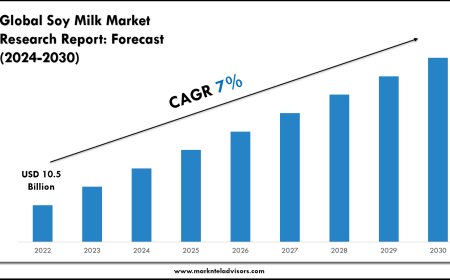Beyond Brainstorming The Power of Strategic Planning Facilitation
I could use this space to tell you about my being a proven executive, business owner, CEO and all that other blah, blah, blah but what I really want to tell you is how much I love coaching. I love every aspect of it.

Many organizations mistakenly equate strategic planning with a series of internal meetings and a whiteboard full of ideas. While brainstorming is a component, true strategic planning is a disciplined, iterative process that requires careful thought, robust analysis, and a structured approach to decision-making. Without a skilled facilitator, these sessions can quickly devolve into unstructured discussions, dominated by a few voices, and ultimately fail to produce actionable outcomes.
A strategic planning facilitator is a neutral third party who guides an organization through the entire planning process. They bring expertise in methodology, group dynamics, and conflict resolution, ensuring that all voices are heard, diverse perspectives are considered, and the discussions remain focused on achieving the desired strategic objectives. Their role extends far beyond simply keeping time or recording notes; they are architects of productive dialogue and catalysts for impactful decision-making.
Why Invest in a Strategic Planning Facilitator?
The value a professional facilitator brings to the strategic planning table is multifaceted:
-
Neutrality and Objectivity: Internal stakeholders, no matter how well-intentioned, often come to the table with pre-existing biases, departmental agendas, or personal interests. A facilitator, being external and impartial, can challenge assumptions, mediate disagreements, and ensure decisions are made in the best interest of the entire organization, not just a specific department or individual.
-
Structured Process and Methodology: Facilitators are experts in various strategic planning frameworks and methodologies. They can tailor a process that suits the organization's unique needs, guiding them through critical stages like environmental scanning, SWOT analysis, vision and mission development, objective setting, and action planning. This structured approach prevents crucial steps from being overlooked and ensures a comprehensive strategy is developed.
-
Enhanced Engagement and Participation: A skilled facilitator creates a safe and inclusive environment where all participants feel comfortable contributing their ideas and perspectives. They employ techniques to encourage active listening, draw out quiet voices, and manage dominant personalities, leading to richer discussions and a more widely owned strategy.
-
Conflict Resolution and Consensus Building: Disagreements are inevitable in strategic discussions, especially when diverse opinions are at play. Facilitators are adept at recognizing and addressing conflict constructively. They can reframe arguments, identify common ground, and guide the group towards consensus, transforming potential roadblocks into opportunities for deeper understanding and stronger alignment.
-
Focus and Efficiency: Without a clear agenda and skilled moderation, strategic planning meetings can easily go off-topic, wasting valuable time and resources. A facilitator keeps discussions focused on the strategic objectives, ensuring that time is used productively and that the planning process moves forward efficiently towards tangible outcomes.
-
Accountability and Action Planning: The best strategic plans are useless without clear action steps and accountability. A facilitator helps the organization translate its strategic objectives into concrete initiatives, assigns responsibilities, sets timelines, and establishes mechanisms for tracking progress. This ensures that the planning effort culminates in a roadmap for implementation, not just a document gathering dust.
The Facilitated Strategic Planning Journey
While every engagement is unique, a typical facilitated strategic planning journey often includes:
-
Preparation and Discovery: The facilitator works closely with leadership to understand the organization's current state, challenges, desired outcomes, and key stakeholders.
-
Environmental Scan and Assessment: Guiding the group through an analysis of external trends (opportunities and threats) and internal capabilities (strengths and weaknesses).
-
Vision, Mission, and Values Refinement: Helping the organization articulate its long-term aspirations, its core purpose, and the guiding principles that underpin its operations.
-
Goal and Objective Setting: Facilitating the development of clear, measurable, achievable, relevant, and time-bound (SMART) strategic goals and objectives.
-
Strategy Formulation and Prioritization: Guiding discussions around various strategic options, evaluating their feasibility and impact, and prioritizing key initiatives.
-
Action Planning and Implementation Roadmap: Assisting in breaking down strategies into actionable steps, assigning responsibilities, setting timelines, and defining metrics for success.
-
Communication and Follow-up: Advising on how to effectively communicate the strategic plan to all stakeholders and establish ongoing monitoring mechanisms.
Choosing the Right Facilitator
When selecting a strategic planning facilitator, consider their experience, their understanding of your industry, their facilitation style, and their track record of success. Look for someone who is not only knowledgeable about strategic planning methodologies but also possesses strong interpersonal skills, an ability to build rapport, and a genuine commitment to helping your organization succeed.
In today's rapidly evolving business environment, strategic agility is paramount. By investing in professional strategic planning facilitation, organizations can transform a potentially arduous process into a dynamic, engaging, and ultimately fruitful endeavor, leading to a clear strategic roadmap that propels them towards sustainable growth and long-term success.





































